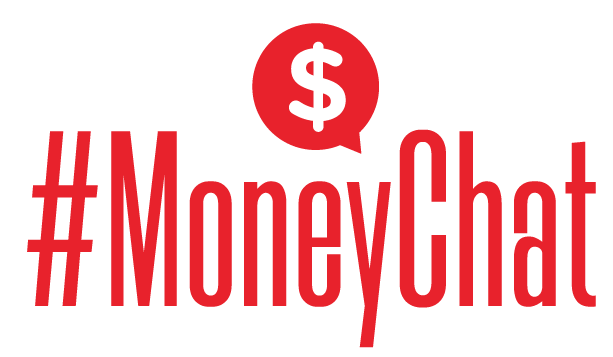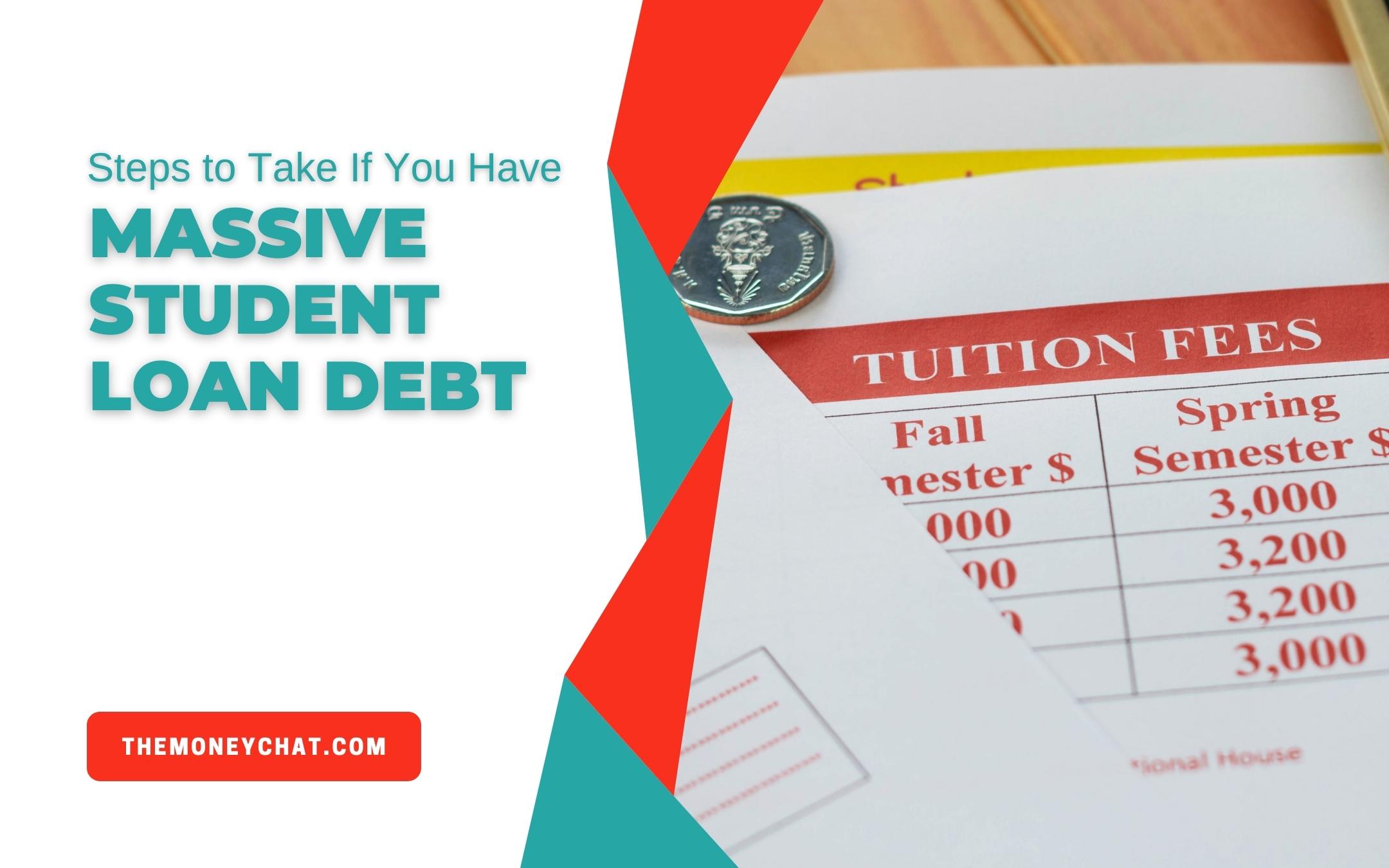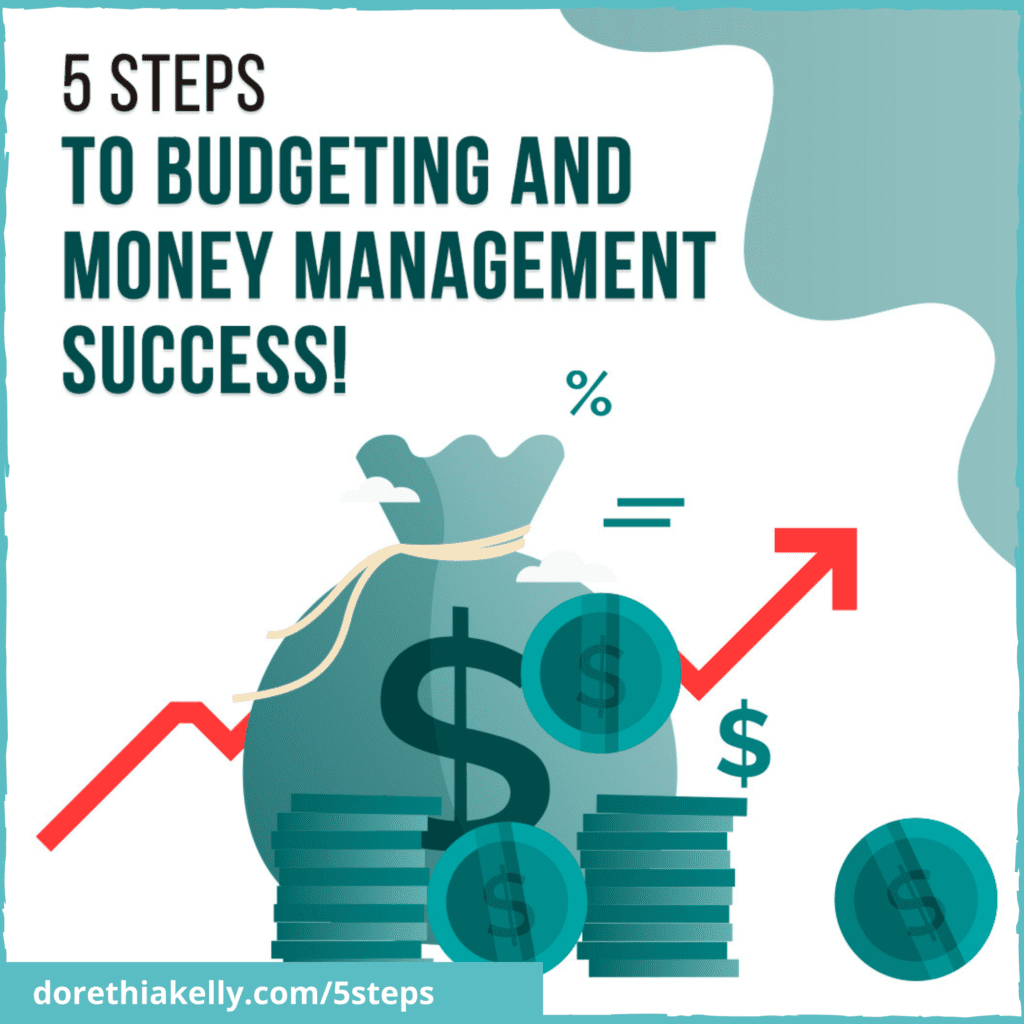About four in ten adults under the age of 30 have student loan debt according to Pew Research. Of that, 5.6% of borrowers owe more than $100,000.
Owing the amount of a mortgage on your student loans can seem daunting and you may feel like you’re going to be in debt for the rest of your life.
However, there are some key things you can do to get a handle on your situation and rid yourself of your loans sooner than you think. Here are some key steps to take if you have massive student loan debt.
Understand Your Loan Situation
No matter how big your debt is, you need to understand it. It’s important to know who you owe, how much you owe, and what interest rate you could be looking it.
Odds are if you have over six-figures of student loan debt, you probably have a combination of private and federal student loans. These two loans types are very different you can’t consolidate your federal loans with your private loans.
Find a High-Paying Job
If you have massive student loan debt, you don’t have the luxury of taking your time when it comes to finding a job after school. You want to land a career that provides you with enough income to keep up with student loan payments or even pay them off early.
You can use Student Loan Hero’s student loan repayment calculator to help estimate what your minimum monthly payment can be.
For example, according to the calculator a $100,000 student loan balance at 6.8% will require a minimum payment of around $1,100 per month under a standard 10-year repayment term. The calculator even tells you how much interest you can expect to pay over the life of the term as well.
Now given this situation, a $30,000/yr salary would probably leave you struggling to pay back your loans. If you’re making $85,000/yr, you’d be in better shape to make your minimum student loan payment and perhaps add a little extra when you can.
Consider Your Payment Plan Options
Perform research and determine all your repayment options for your loans. A great time to do this is during your grace period. Even though you may not be required to make a student loan payment during your grace period, you want to narrow down your payment plan options and choose one as quickly as you can.
Interest may be compounding on your loans during your grace period or even while you were in school so it’s best to get payments started ASAP.
Depending on how much you owe and what your salary is, you could qualify for an income-based repayment plan for your federal loans. You can also opt for a longer repayment term of 15-25 years if owe multiple six figures.
Determine which payment plan will best fit in line with your goals and current situation.
Avoid Common Spending Traps
If you have massive student loan debt, having a simple lifestyle and being conservative with your spending can really be the difference between struggling financially and making progress.
Professional degrees for veterinary, doctorate or dental programs often lead to massive student loan debt. Unfortunately, after residency, many doctors get tempted by lifestyle inflation to finance new cars and buy the big house.
Even if your salary is high, that doesn’t mean it can sustain a lavish lifestyle and huge student loan payments.
The best thing you can do is continue to live frugally and maintain a modest lifestyle until your loans are paid off.
Consider Consolidation or Refinancing
Consolidation and refinancing are two different types of relief options. To consolidate your loans mean to bundle up all of your loans and payment amounts into one monthly payment with one interest rate. This is an option to consider if you want to simplify your situation and just make one loan payment each month but remember, you can’t consolidate federal loans with private loans.
People often consider refinancing their student loans when they want to obtain a lower interest rate. A lower interest rate can help you pay off your loans faster since more money will go toward the principle.
When you refinance, you get a brand new lender and while you can refinance federal loans if you do you will lose access to federal relief programs like deferment, forbearance, and loan forgiveness.
I’d only recommend refinancing your federal student loans if you want to pay them off asap and are not considering student loan forgiveness.
Do you have massive student loan debt? What are your plans to overcome your debt?












0 Comments